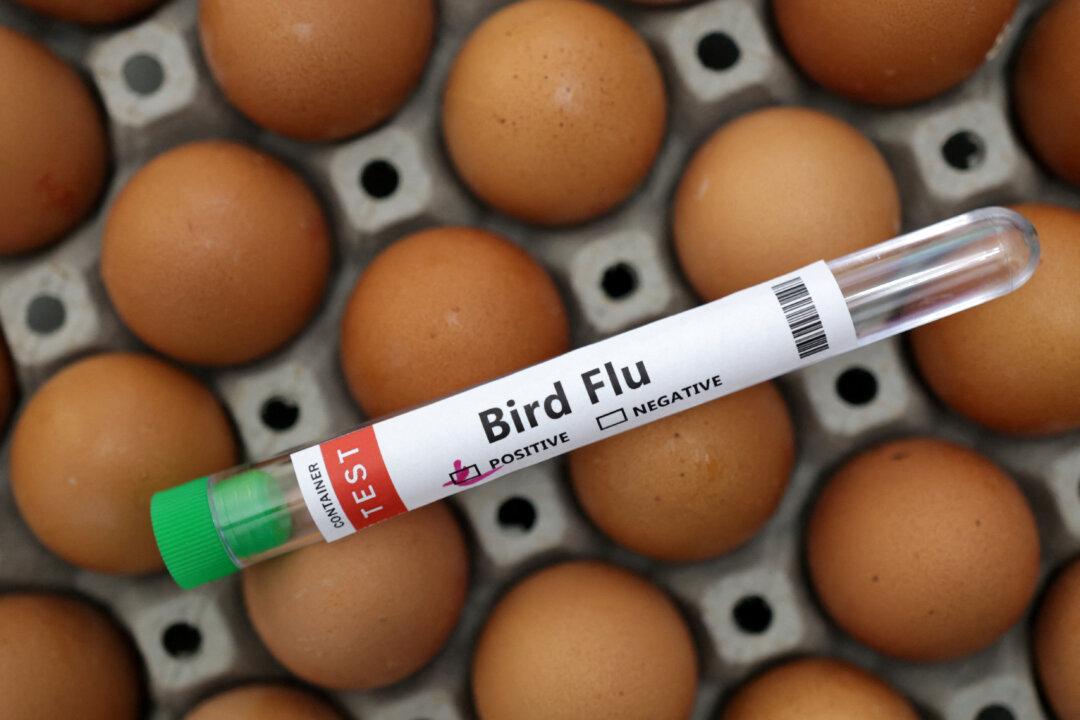A fourth case of highly pathogenic bird flu has been detected in Victoria, leading to a farm being placed in quarantine.
Tests have identified the H7N3 strain of avian influenza at a poultry farm within the Golden Plains Shire, west of Melbourne.

A fourth case of highly pathogenic bird flu has been detected in Victoria, leading to a farm being placed in quarantine.
Tests have identified the H7N3 strain of avian influenza at a poultry farm within the Golden Plains Shire, west of Melbourne.